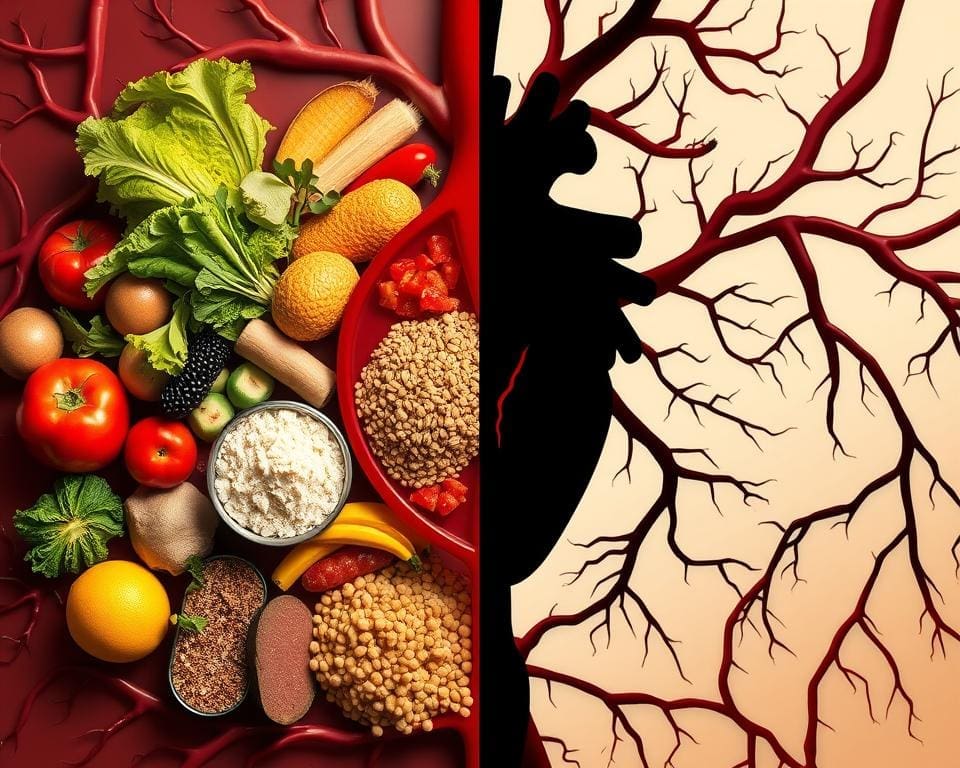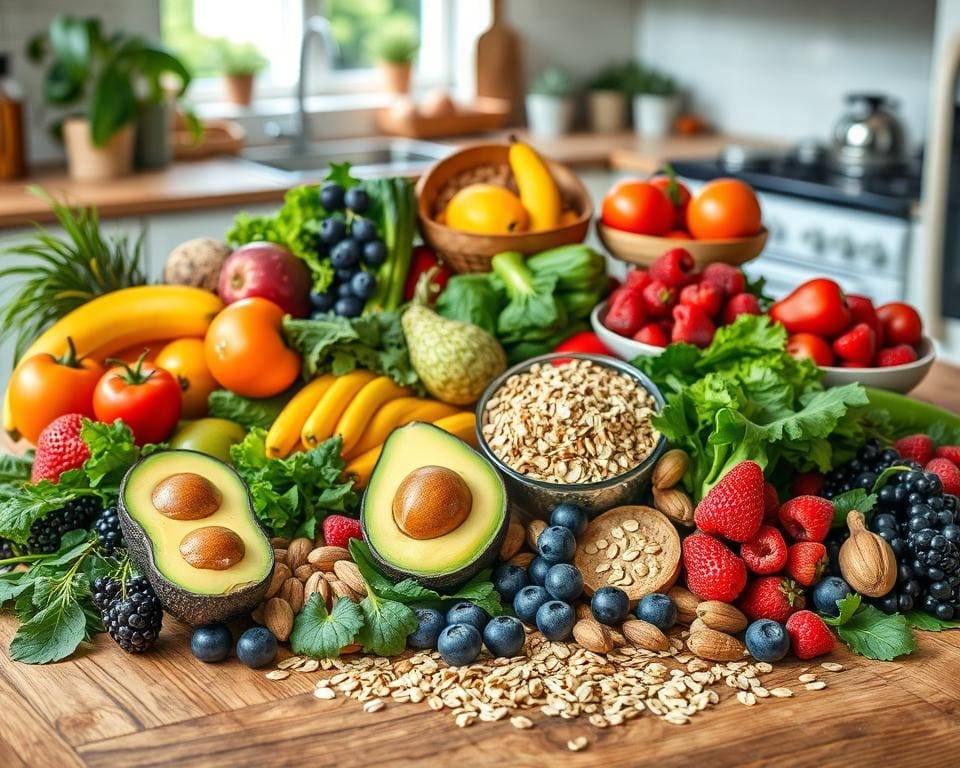In today’s fast-paced world, the significance of a cholesterol-lowering diet cannot be overstated. Embracing a lifestyle focused on reducing cholesterol naturally with diet is not only achievable but also empowering. The choices we make regarding our nutrition play a pivotal role in managing cholesterol levels, influencing our overall cardiovascular health. By adopting healthy eating for cholesterol reduction, individuals can take proactive steps towards a more vibrant future.
Research supports the idea that dietary adjustments can profoundly impact cholesterol levels, helping to cultivate a heart-healthy lifestyle. Let us explore how specific food choices and an informed approach to eating can lead to remarkable improvements in our health and well-being.
Understanding Cholesterol and Its Impact on Health
Cholesterol plays a complex role in the body, acting as both a necessary substance and a potential health hazard when levels become unbalanced. Understanding these dynamics is essential for effective cholesterol management, particularly in preventing serious health issues.
The Role of Cholesterol in the Body
Cholesterol is a waxy substance found in every cell of the body. It is vital for producing hormones, vitamin D, and substances that help digest foods. While the body requires cholesterol for various functions, an excess can lead to significant health risks. Maintaining optimal cholesterol levels is crucial for overall health, as it influences cellular function and metabolic processes.
Types of Cholesterol: HDL vs LDL
Cholesterol exists in two primary forms: High-Density Lipoprotein (HDL) and Low-Density Lipoprotein (LDL). HDL is often labelled as “good” cholesterol because it aids in transporting excess cholesterol away from the arteries to the liver, where it can be processed and eliminated. Conversely, LDL is deemed “bad” cholesterol. High levels of LDL contribute to plaque buildup in the arteries, increasing heart disease and stroke risks. Being aware of these different types is vital to managing cholesterol effectively.
Health Risks Associated with High Cholesterol Levels
Elevated cholesterol levels pose various health risks, including heart disease, stroke, and peripheral artery disease. Understanding these risks is essential for making informed lifestyle choices. Regular check-ups can provide valuable insights into one’s cholesterol levels and overall cardiovascular health. Prioritising cholesterol management through a balanced diet and regular physical activity can significantly reduce these health risks and promote long-term well-being.

Reducing Cholesterol Naturally with Diet
Making thoughtful dietary changes can significantly impact cholesterol levels. A cholesterol-lowering diet can serve as a powerful tool in your journey towards better heart health. By integrating specific foods and adhering to sensible eating practices, you can effectively utilise natural remedies for high cholesterol and improve your overall well-being.
Key Dietary Changes for Healthy Cholesterol Levels
To begin with, increasing fibre intake is paramount. Incorporating whole grains, fruits, and vegetables into your meals provides the necessary fibre that helps reduce LDL cholesterol. Additionally, opting for healthy fats found in olive oil, nuts, and avocados, as opposed to saturated and trans fats, can support your body in maintaining a healthy balance of cholesterol. These dietary tips for reducing cholesterol aren’t only practical; they’re sustainable and manageable long-term.
Incorporating Cholesterol-Friendly Foods
Including specific cholesterol-friendly foods in your diet can further enhance your efforts. Oats, legumes, and fatty fish like salmon are excellent choices that not only taste great but also contribute to lowering bad cholesterol. Embracing these foods allows you to create a varied and enjoyable cuisine that supports your heart health.
The Importance of Portion Control in Diet
Finally, it’s crucial to recognise the importance of portion control. Even the healthiest foods can contribute to weight gain and health issues if consumed in excess. By being mindful of serving sizes, you can ensure that your cholesterol-lowering diet remains effective. Remember, consistent, small changes in both food choices and quantities can lead to significant and positive outcomes in your journey towards reduced cholesterol levels.









